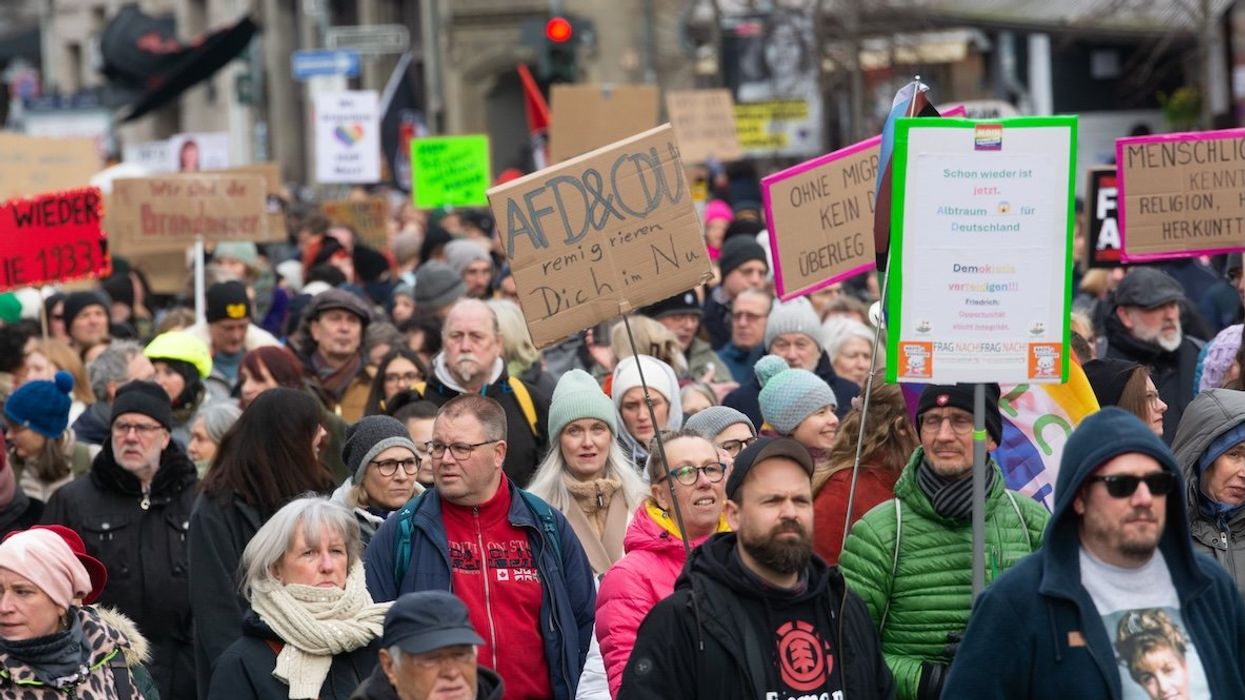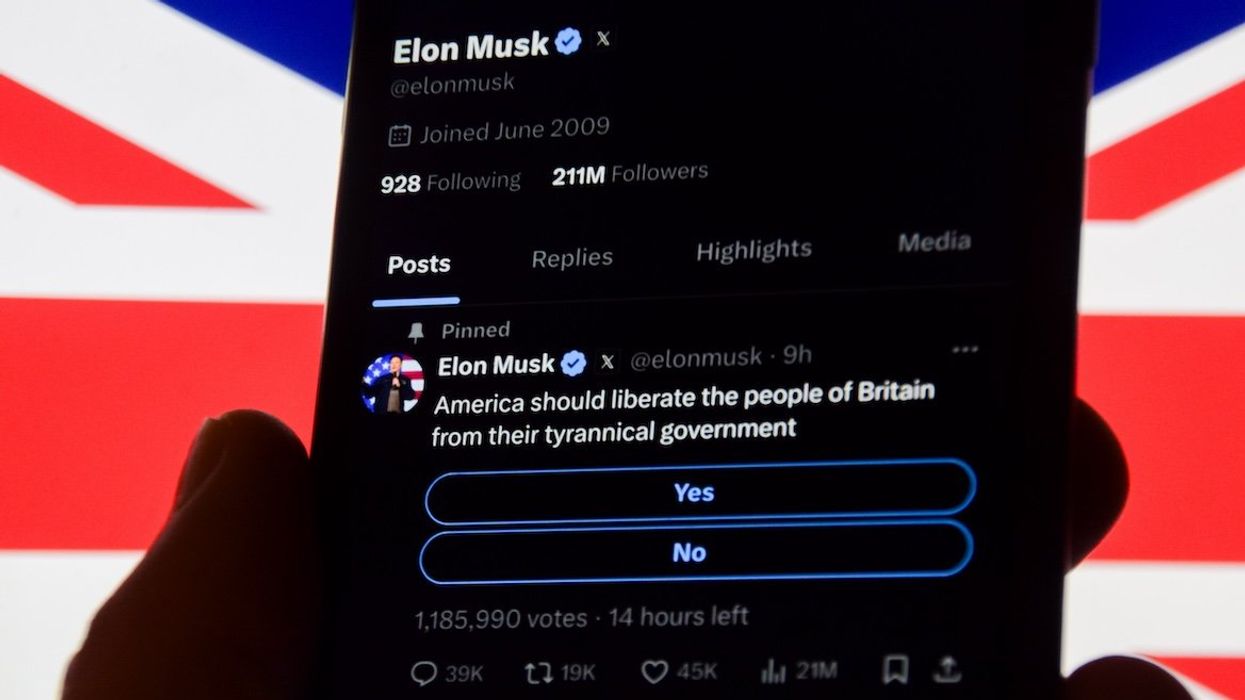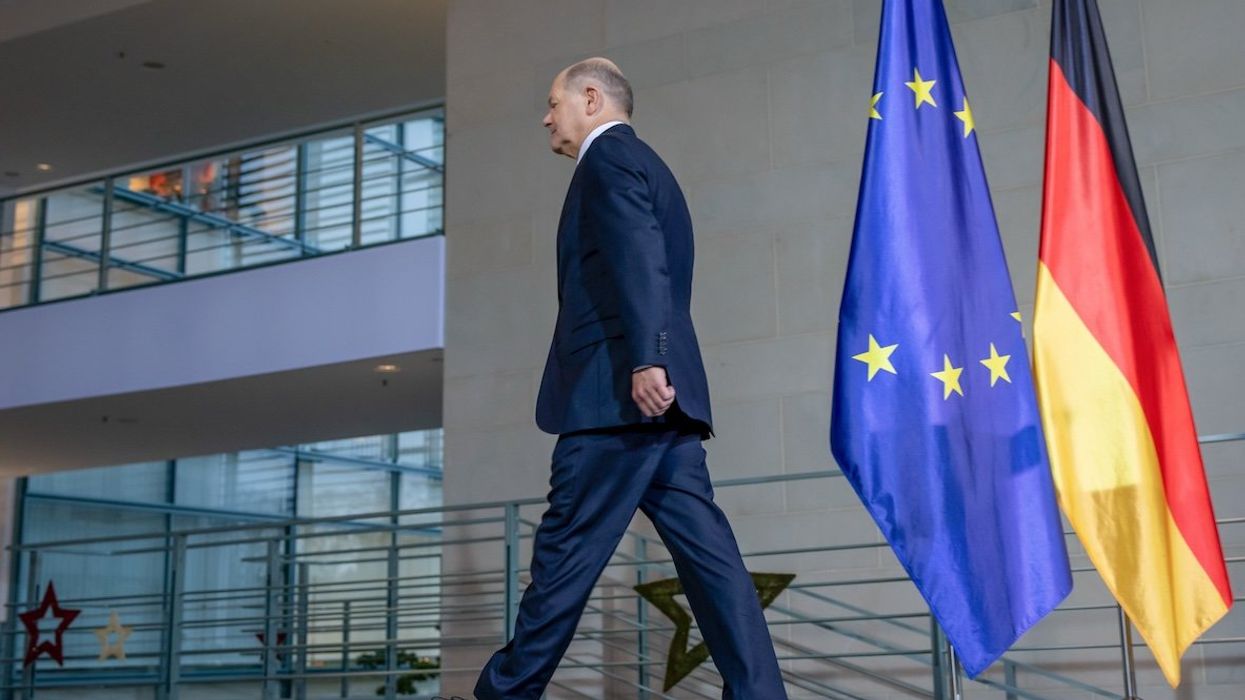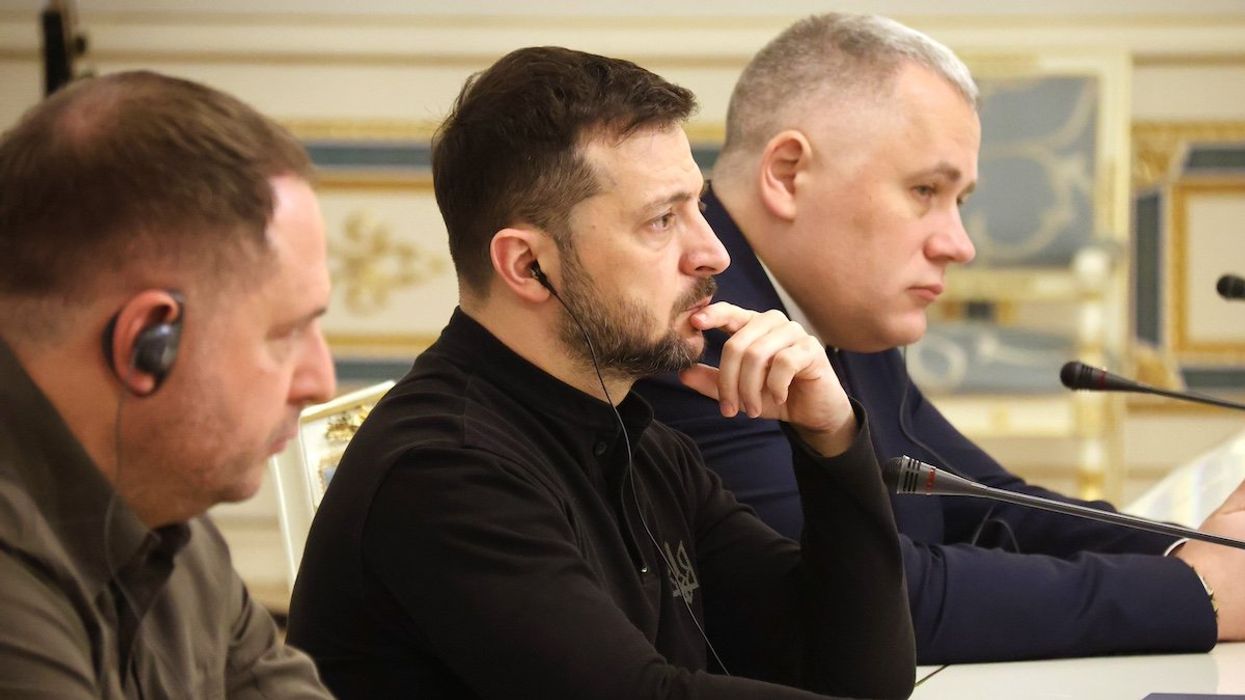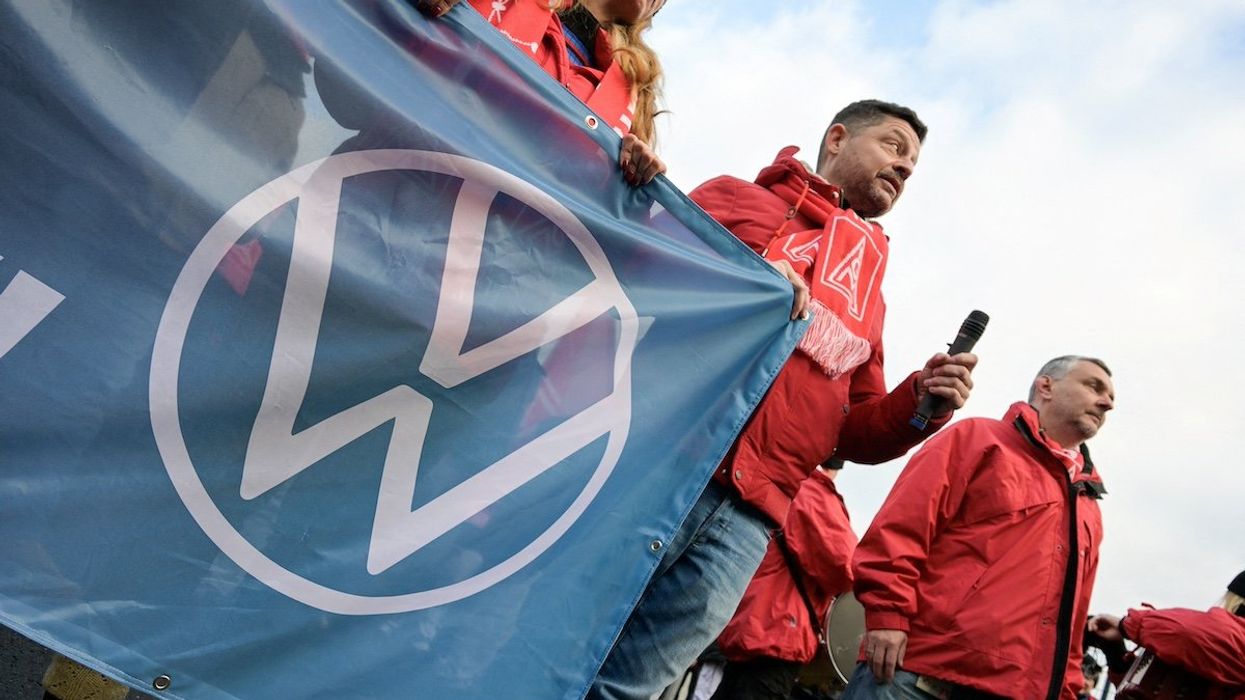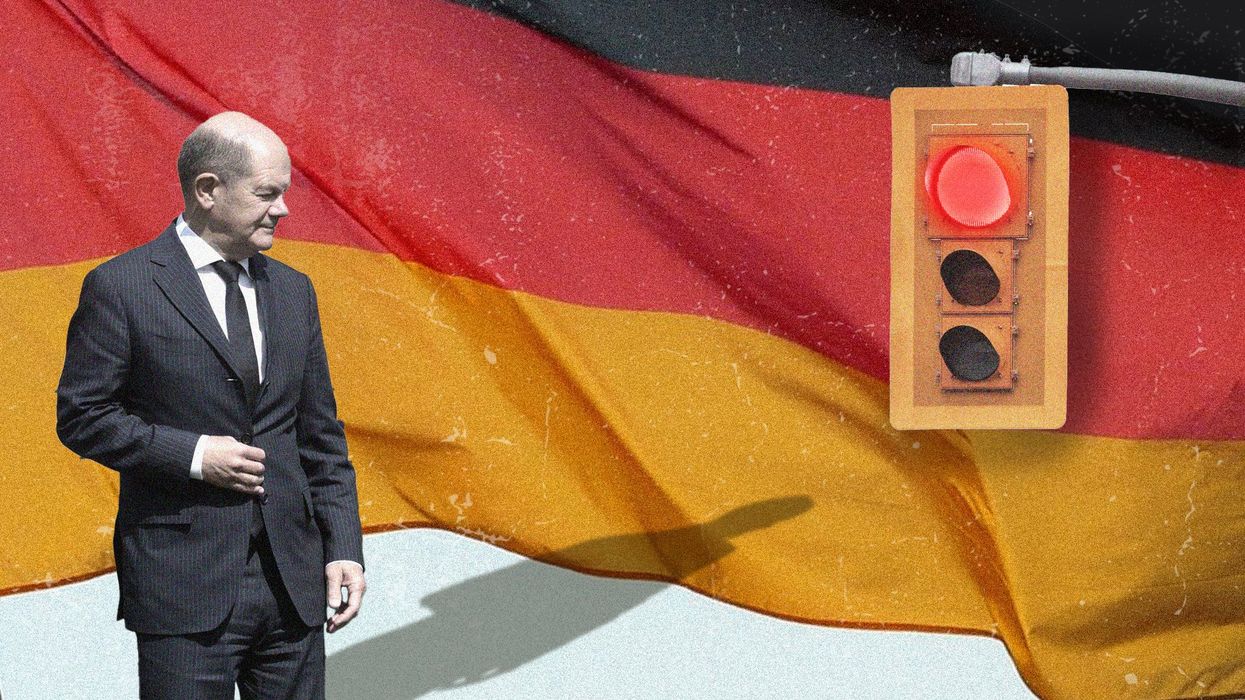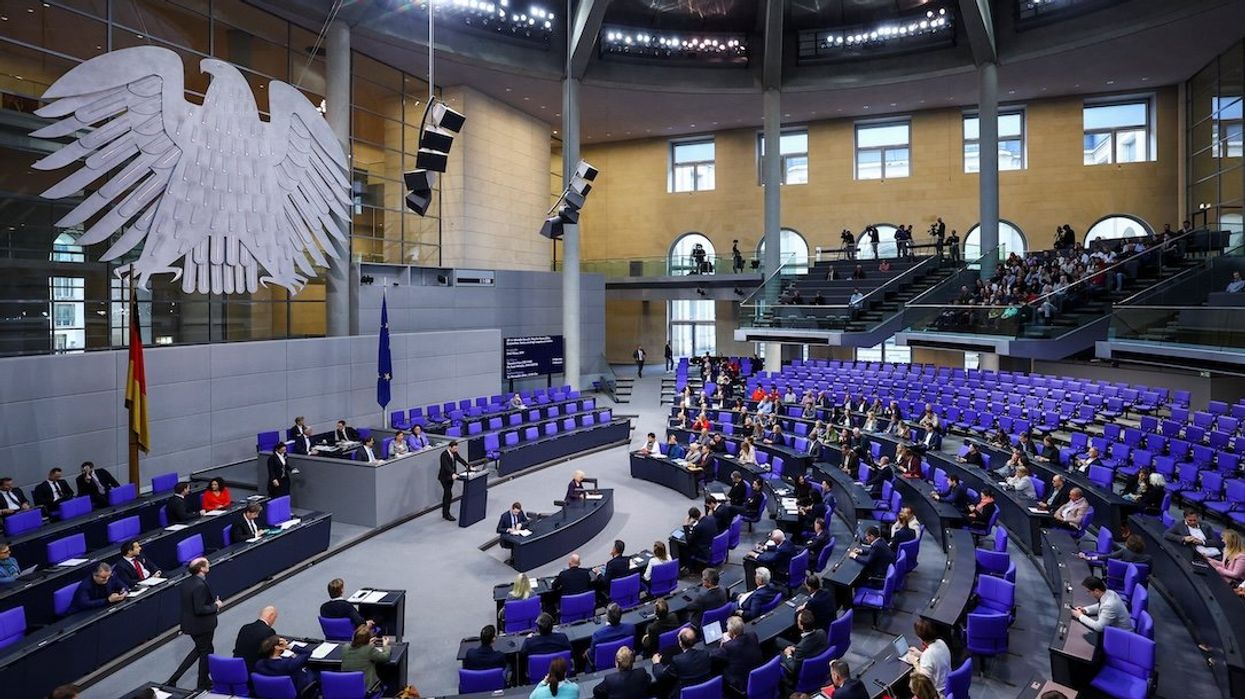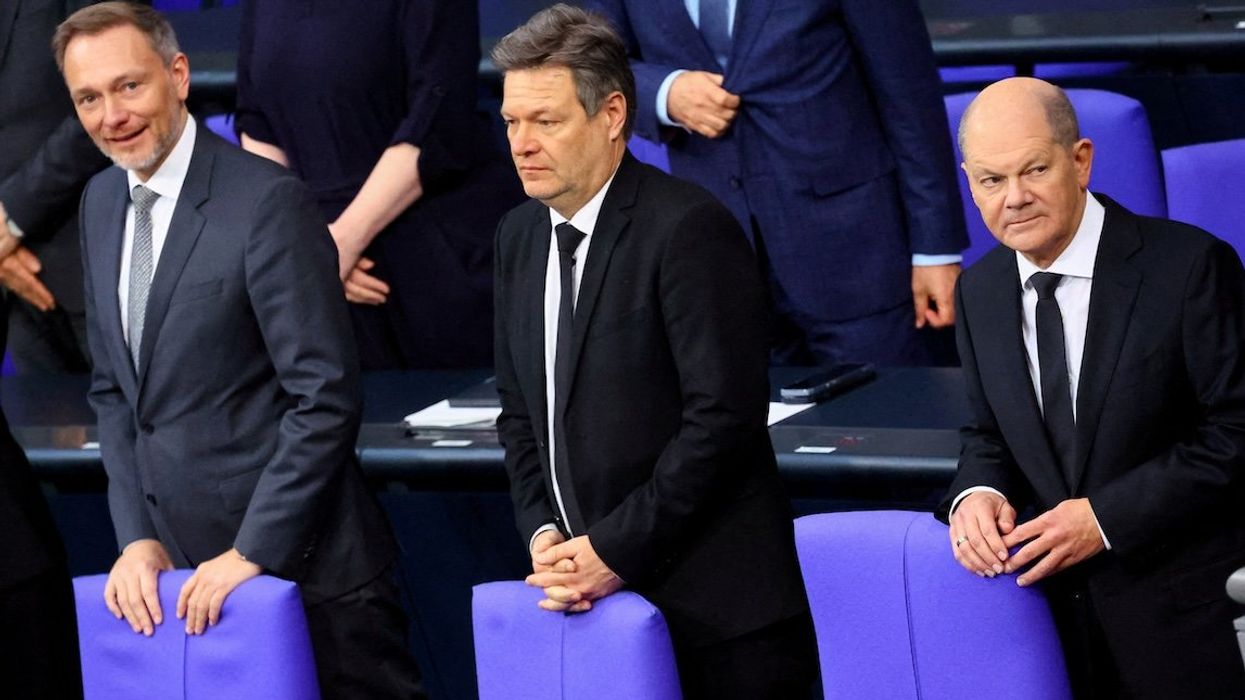Viewpoint
Viewpoint: Far right surges to prominence ahead of German elections
Amid a deep economic crisis and renewed migration concerns, the far-right party Alternative for Germany, or AfD, is poised to double its vote share in this weekend’s general elections. We talked to Eurasia Group expert Jan Techau, about how the AfD's increasing strength is transforming German politics.
Feb 20, 2025
